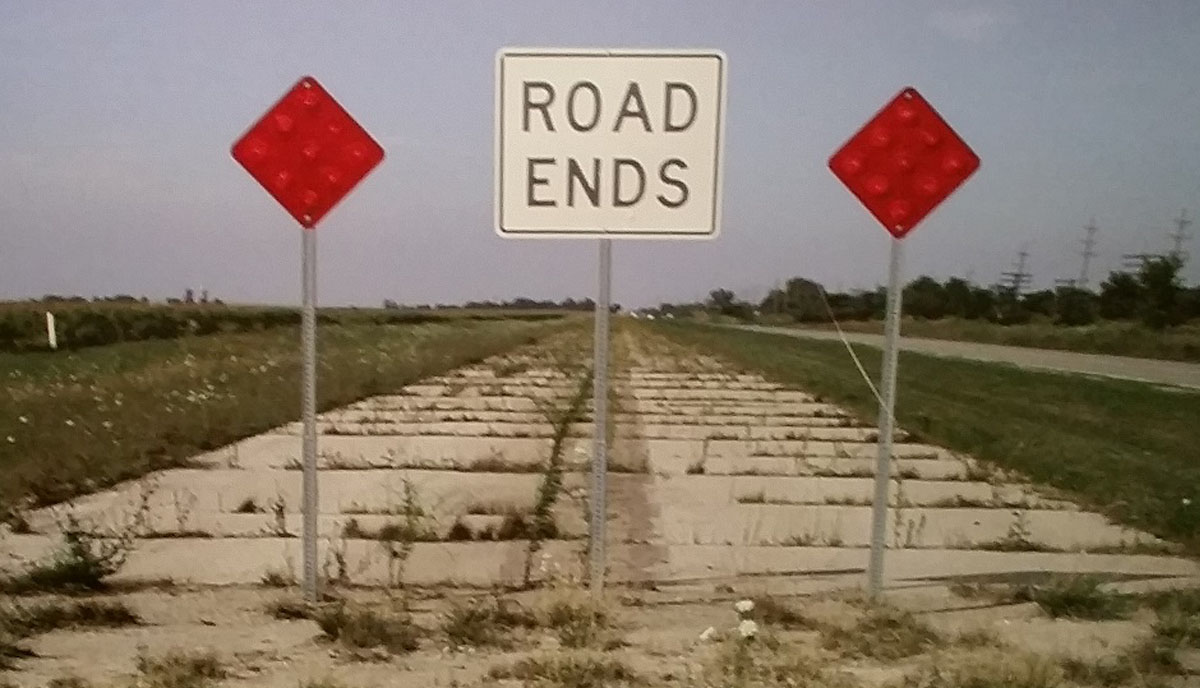There are many misconceptions about money and money principles floating around. Most of the time when someone contacts me for help with their finances, there is a financial principle they are not using, or they have fallen prey to a myth that is hurting their family.
Some myths are perpetuated by those who would like to prey on you. Others are passed along simply because someone doesn’t know any better.
Here are eight myths that I run across frequently. Take a look and see which ones have crossed your path on the road to financial bliss.
I’ll start saving later
My surgical residency was my first full time job, and with it I started saving for retirement. I opened an IRA and began putting money into the hospital’s retirement plan, maxing them both out. I was aware of the need to begin investing early to gain the greatest results.
I tried to persuade my fellow interns and residents to invest also. Only one other resident followed my example. All the other residents gave me the same excuse: “I need all my income right now. I’ll start saving when I’m an attending and earning the big bucks.”
Unfortunately, saving money is not something one can turn on and off at will. Saving money is a habit. If one develops the habit of spending all their money while on a resident’s salary, the habit doesn’t change when their income increases.
Every year when the residents got a raise, those who were saving, saved more, and those who were spending all their money, spent more. If they were paying the bills on their current income, then they didn’t need the raise to meet their needs and the raise could have gone towards savings. More income did not make spenders save more.
We are only able to save when we develop the habit of spending less than we earn. Earning more money is not the secret to saving. If you can’t spend less than you earn on your current income, you are unlikely to do so after getting a raise. Don’t kid yourself. Develop the habit of saving.
I’m too old to invest in real estate
When I bought my first apartment complex, I was 39 years old. As I spoke to others about investing in real estate I often heard “I wish I had done that years ago, but now I’m too old to buy investment real estate.”
My apartment earned $22k of tax-free profit in the first year. At what age are you too old to make an extra $22k? Each year the income from the property continued to grow. Today I am 63 and have owned investment property for 24 years. The income has grown to the point of producing enough money to cover all my expenses.
Yet, when I started, people who were 63-year-old told me they were too old to start investing in real estate. If they had started, today they would be 87 years old and have a fabulous income from their real estate investments that could be passed down to their kids with a step up in basis. Colonel Sanders was 65 years old when he started franchising Kentucky Fried Chicken.
No one is ever too old to make good investments. People often think investments in real estate require 20 years to make a return, when its sold for a big capital gain. They seem to forget about all the cash flow it generates all those years before it gets sold.
At 63 years old, I’m about to go to my first tournament in a new sport. If I can start a new sport in my 60s, I can make a new investment in my 60s. Investing need not end simply because we retire.
Our home is a great investment
This myth has sent many people to the poor house, or more correctly made them ‘house poor.’ Looking at any budget, the first expense listed is the home. Why is it first, because it is usually the largest expense we have.
There is a different area in the budget to record investments. Our home is not in the investment section of the budget. The houses we live in are not investments, they are expenses.
The reason the bank gives us the maximum amount of money they will loan us for our home is because that is the maximum payment our income will support. Stop thinking of the home you live in as an investment. It is also not a piggy bank to use for home equity loans.
Investment real estate is something you own and someone else pays you to use it. You earn money from investment real estate. In turn, you pay the mortgage with the money collected from your tenants.
The interest on our home is a great tax write-off
This one is so sad because there are so many people that think they get a deduction for their home mortgage interest, yet they don’t. Then they compute a lower total cost of their mortgage based on this deduction they don’t have.
The true statement about home mortgage interest is: Your home mortgage interest might be partially deductible. Since the standard deduction almost doubled in 2018, most of us now take the standard deduction. Just look at last year’s tax return and see if you used the standard deduction or Schedule A. If you used the standard deduction, you got no write-off at all for your mortgage interest. If you used Schedule A you got only a partial write-off: The difference between your total deductions and the standard deduction.
A penny saved is a penny earned
This is a sad misconception. A penny saved is worth much more than a penny earned, because the penny earned will get taxed.
If we put $1,000 that we have saved into an account, we now have $1,000 available to spend.
If we earn $1,000, depending on our tax situation, we will only have $500 – $800 available to spend.
This makes saved money much more valuable than earned money, especially in an emergency. The money sitting in an emergency fund is available to spend at any time. But if the money for the emergency must first be earned or borrowed, it will come with an extra expense in either taxes or interest. The emergency will be bad enough without this self-imposed extra expense.
If you earn more, you just lose it to taxes
There is no situation in which earning more money at our job would leave us with less money after taxes. None! We have a progressive tax system. That means as we earn more, we will pay a larger percentage of tax on the money that took us above our current tax bracket. Since this is a graduated percentage, we will always have more money to spend when we earn more money.
Since the top federal tax rate is 37%, we can expect to keep more than half of any additional money we earn.
If you don’t want to work overtime because you will lose that money to taxes, please do the math first. If we want more money, earn more money, it won’t all be lost to taxes.
But this is “Good Debt”
Don’t fall for the crazy notion that there is such a thing as good debt. All debt places a burden on the borrower. Additional burdens are not good things. If we do not make the payments, there will be consequences on that “good debt.” “Good debt” can lead to bankruptcy just the same as “bad debt” does.
Some debt poses a smaller burden than other debt. Here are a couple examples of what people call “good debt” and the associated burden.
The low interest, long-term mortgage on our home is often considered good debt. Having a mortgage requires monthly payments. If we stop making payments, the house will be repossessed. The burden of having this “good debt” requires us to earn enough money each month to both pay the taxes on the money earned and make the mortgage payment.
The low interest, long-term mortgage on an investment property is also considered “good debt.” But now a tenant must earn the money to pay us rent. We now have help making the mortgage payments. If we keep it rented, we will not have to work to earn any money to make the payments. This is less of a burden on us than our personal home mortgage. But if we can’t make the payments, we will lose the property. A smaller burden than becoming homeless.
One debt has a lower burden than the other. But neither one of them has no burden and therefore neither is “good debt.” Being smaller does not make a burden good.
Do not get into the habit of thinking about debt as good or bad. Think about it as a burden. Then in each individual circumstance, decide if it is a burden you are willing to take on.
Don’t talk about our finances in front of the kids
This really falls into poor parenting. Where do you think your kids are going to learn good financial principles? They are unlikely to be taught this in school. Their friends are unlikely to know the answers. If you don’t know good financial principles, then you first need to learn them yourself, then teach the principles to your kids.
If you struggle with money issues, let your kids know about the issues in an age-appropriate manner. Then they will understand why you can’t buy them stuff right now. If you are doing well with money, teach your kids to save and invest.
Be a good financial example for your kids to emulate. Pick a job that will earn enough money to support your family. Spend less than you earn. Invest your savings. Explain to them why you save and what it will mean in the future.
If you are broke, and don’t discuss it with your kids, expect them to follow in your footsteps and be broke when they are adults. They see what you do and believe that is the way to do things. If you overspend, so will they. If you save money, so will they. If you look for bargains, so will they.
Talk with your kids about money and they will be better off financially when they are adults.
If any of these things hit home with you, read the titles of the books I’ve written and get more information from the ones that resonate with you. Or search my website for articles that talk about the issues you wish you knew more about. Don’t let myths about money ruin your future.





